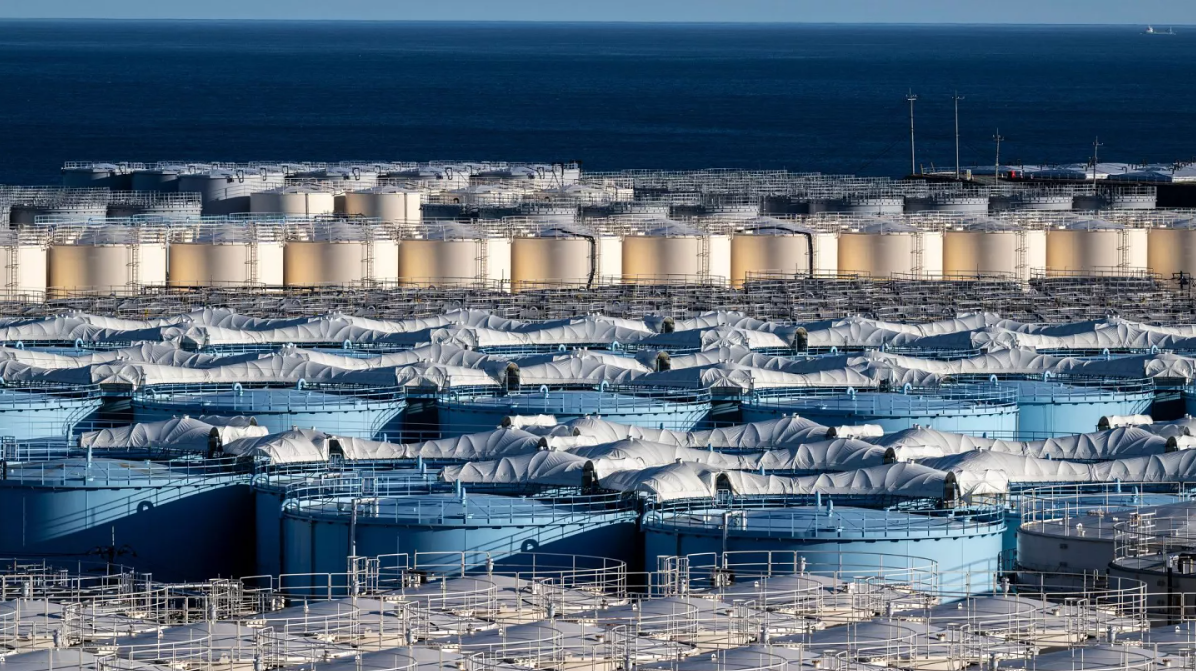
Li Yan, Deputy Director of Institute of American Studies, China Institutes of Contemporary International Relations
Jul 24, 2023
A recent IAEA report says that Japan’s plan to dump radioactive wastewater from the Fukushima nuclear power plant into the Pacific Ocean meets safety standards. Not everyone is so glib. In navigating the controversy, China can play a positive role.
Xiao Bin, Deputy Secretary-general, Center for Shanghai Cooperation Organization Studies, Chinese Association of Social Sciences
Mar 24, 2023
The Russia-Ukraine war has shaken Europe’s energy security, triggering major adjustments in supply chains, consumption and renewable energy development. The conflict and its spillover effects suggest that a new economic cold war may already be underway.
Leonardo Dinic, Advisor to the CroAsia Institute
Mar 01, 2023
Next winter, Europe is likely to face a challenging time in the energy market, in part due to China’s increased energy demand post-COVID lockdowns. As European countries reduce their dependence on Russian pipeline gas and imports of liquified natural gas, they will face challenges and potential shortages that might impact energy supply security and pricing.
Matt Geraci, Research Associate, Institute for China-America Studies (ICAS); Manager, ICAS Maritime Affairs Program
Jun 21, 2022
Marine protected areas are crucial for conserving blue carbon resources in coastal and deep-sea ecosystems, and these conservation efforts can play a crucial role in reaching multilateral treaties and mitigating conflict in areas such as the South China Sea.
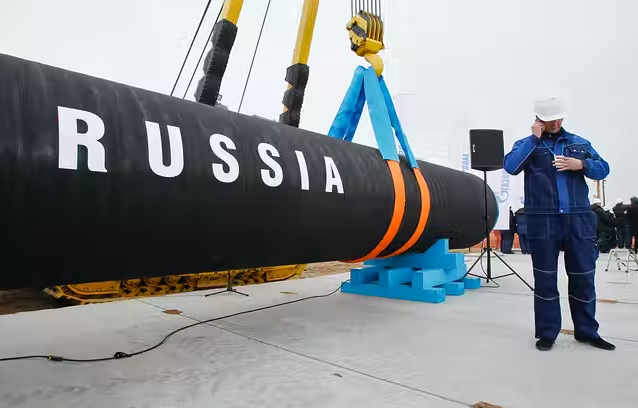
Dong Ting, Assistant Professor, Center for International Security and Strategy, Tsinghua University
Apr 11, 2022
Russia’s deep integration in the global energy market is the result of a long and complex interaction of many actors in the value chain. Therefore, so-called moral clarity will require precise, case-by-case analysis of real-world facts. The outcome remains to be seen.
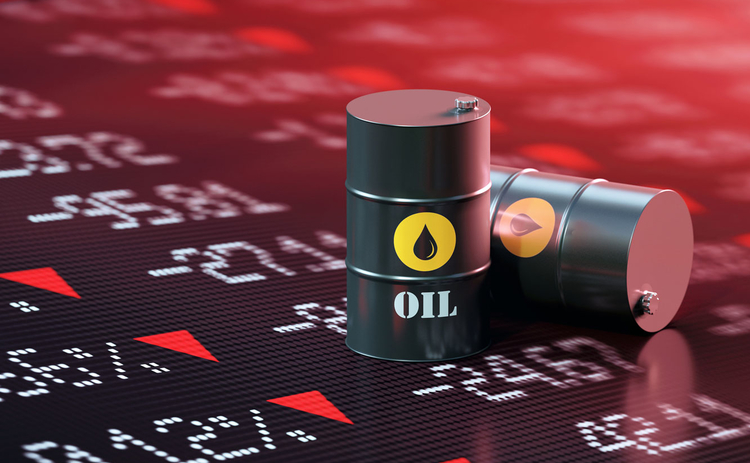
Han Liqun, Researcher, China Institutes of Contemporary International Relations
Jan 05, 2022
A permanent reduction in global oil and gas output may come sooner than expected. Fossil energy companies are looking ahead with caution. Instead of investing their profits in exploration or production, they are turning to capital markets.
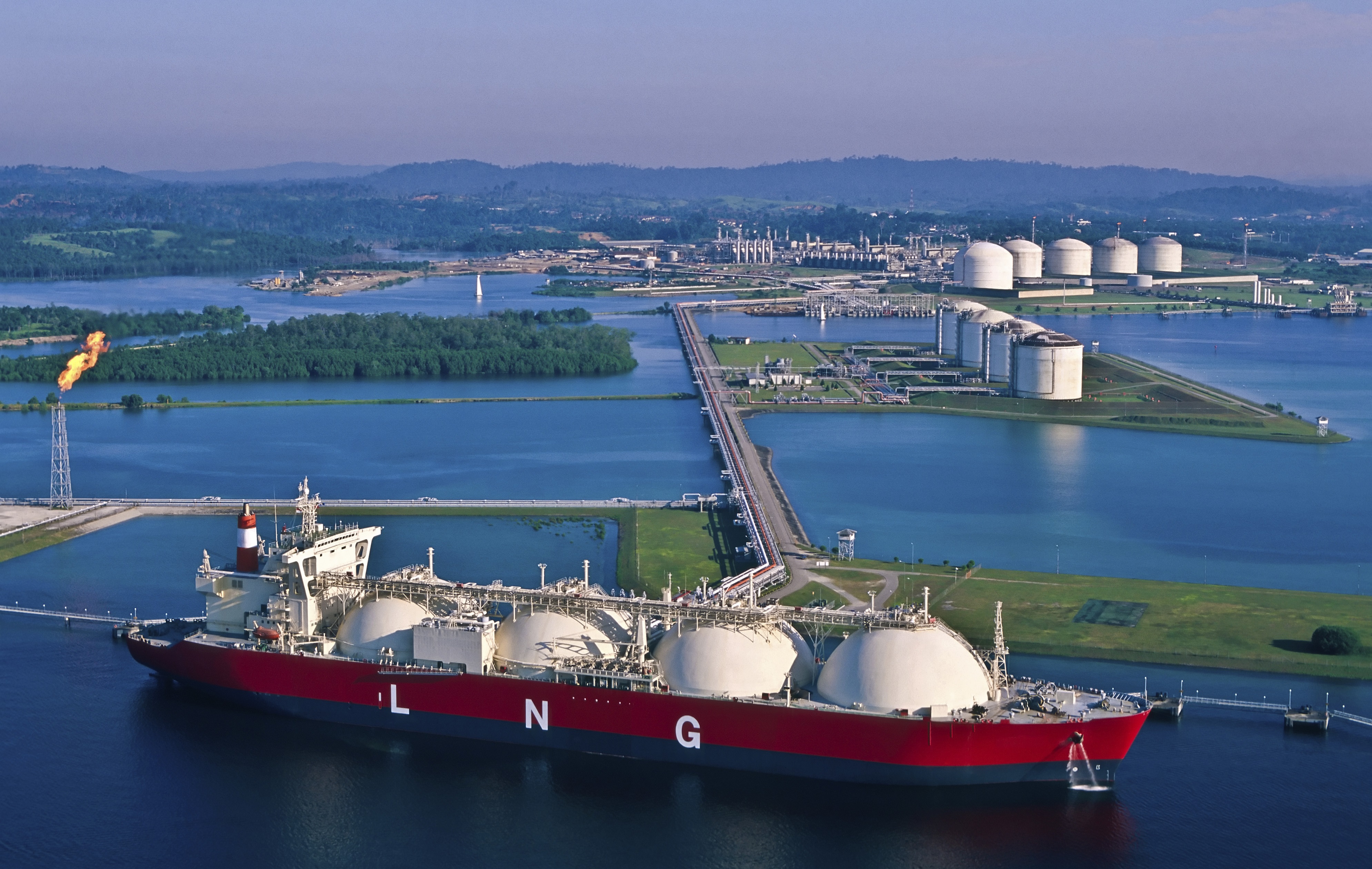
Ma Xiaolin, Professor, School of Arabic Studies, Beijing Foreign Studies University
Jul 17, 2017
Bordered by a strong yet not very friendly Russia, these countries are bearing the blows from forces against globalization. While it might be a good choice for them to cooperate with the United States to build a new political and economic bloc, it’s not clear if there is room for the United States and Russia to compete in both energy and geopolitics here.
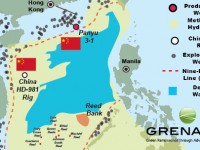
Stewart Taggart, Founder & Principal, Grenatec
Nov 05, 2015
Could access to methane hydrates be behind China’s territorial aggressiveness in the South China Sea? Instead of saber-rattling, China to deploy its sophisticated technology backed by the deep pockets of its Asian Infrastructure Investment Bank to create ‘partnerships’ with the Philippines and Vietnam to develop these offshore resources

Stewart Taggart, Founder & Principal, Grenatec
Jan 14, 2015
Stewart Taggart makes a case for the Asian Infrastructure Investment Bank’s first investment to be in the creation of a Pan-Asian Gas Pipeline to promote the joint development of the South China Sea between China and its South East neighbors, and help achieve their bilateral energy reduction.
Oct 05, 2013
The radiation leaks in Fukushima threatens not only the safety of Japanese citizens but that of participants, spectators and visitors coming to the 2020 Tokyo Olympics. Should the US take a role as the inspector of Japan’s nuclear facilities ahead of the Olympic Games?